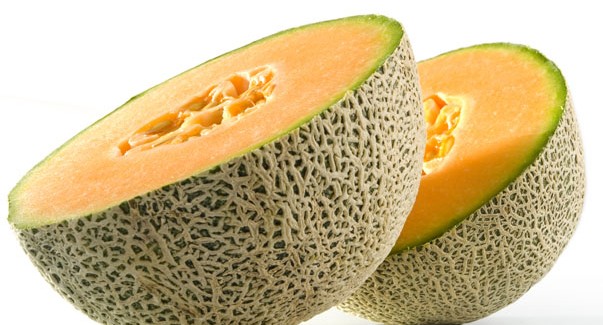Your cart is empty
Organic Produce
 I love to grow my own organic fruits and vegetables, but sometimes even I need to run to the store for some last-minute ingredients. And when I do, it can be tough to find organic produce at the supermarket.
I love to grow my own organic fruits and vegetables, but sometimes even I need to run to the store for some last-minute ingredients. And when I do, it can be tough to find organic produce at the supermarket.
To qualify as organic, produce must contain at least 95 percent organically produced ingredients, so check the sticker. Those fruits and vegetables that are not grown organically will usually have a lot of chemicals added to them for a number of reasons such as pest and disease control or to make them ripen faster. In some cases, chemicals are used to slow the rate of ripening to make sure they don’t go bad before being purchased at the grocery store.
Now, if you can’t grow your own or find the organic stuff in the store, there are still some things to do that will limit your intake of dangerous chemicals. Here are some tips and information about some of the produce at risk of being highly contaminated with chemicals:
Cucumbers:
The skin holds most of the chemicals, so always peel cucumbers. In a recent survey of the most contaminated food, cucumbers were 12th worst out of 42 common vegetables.
Strawberries:
The farther away from the strawberry patch, the more chemicals growers have to spray to make the berry last. Try to buy locally grown berries. And don’t forget to rinse your strawberries under cool, running water before eating.
Spinach:
The chemicals used on spinach can interfere with hormone production and might even cause cancer. Because chemicals can get trapped in dense leaves, carefully wash each and every leaf under cool, running water.
Apples:
More pesticides are used on apples grown in the United States than almost any other fruit or vegetable. Even after washing them, always peel your apples.
Cantaloupes:
These melons often contain five of the longest-lasting chemicals, some of which are banned, but still can be found in the soil. Before cutting, wash the outside of the melon — putting a knife through the unwashed rind will contaminate the part you eat.
Grapes:
These ripen so fast that mold tends to become the growers’ largest problem. To solve this problem, growers and transporters spray 17 chemicals to help preserve the grapes. Always wash grapes under cool, running water before eating. Note: Never buy grapes grown outside the United States. Other countries, especially Chile, use a lot of incredibly harsh chemicals.
Green beans:
There are more than 60 types of pesticides that growers use on green beans. If possible, grow your own. If you do need to buy them, always buy fresh beans and don’t forget to wash them thoroughly.
Warning: Broccoli, watermelon, green onion, plums and bananas usually contain the most harmful chemicals.
Good news: Avocado, sweet corn, onion, sweet potatoes and cauliflower are usually the least chemically harmful.
Remember, fruits and vegetables grow well here in the Southwest, so grow your own to make sure they are chemical free.

